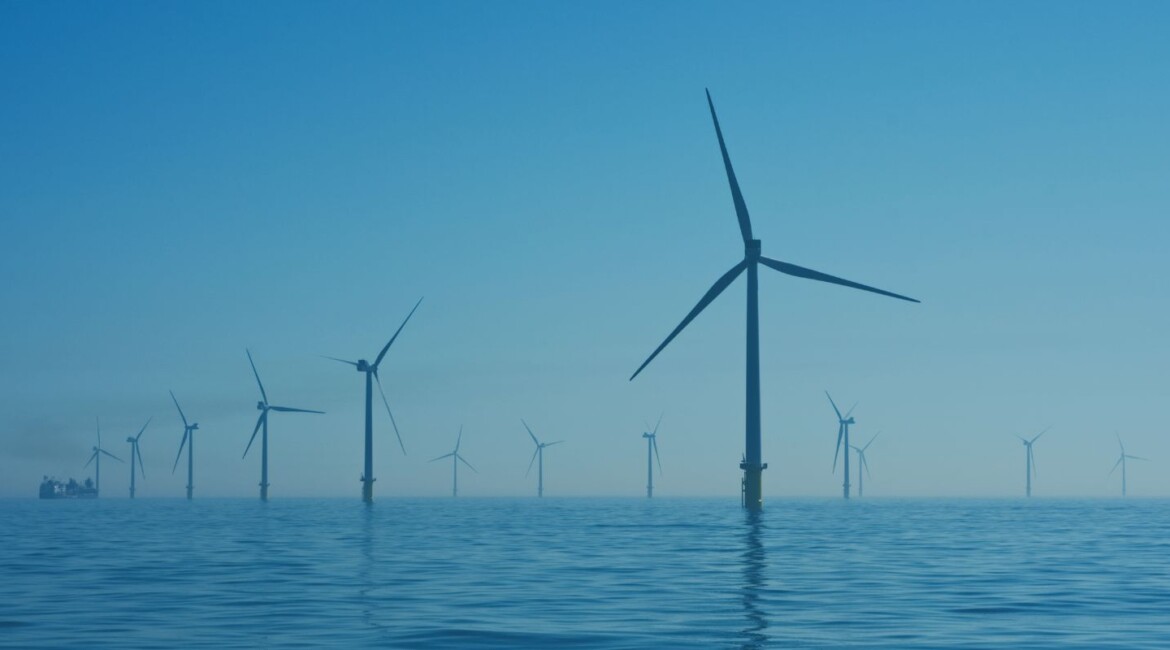
How Renewable Energy Startups Can Qualify for SEIS and EIS

As the UK transitions to a greener economy, renewable energy startups are well placed to attract capital, particularly with the backing of the Seed Enterprise Investment Scheme (“SEIS”) and Enterprise Investment Scheme (“EIS”). These government initiatives offer generous tax reliefs to investors, making them powerful tools for early-stage growth.
However, the rules for renewable energy companies are not straightforward. Since the 2016 Finance Act, businesses engaged in energy generation – regardless of scale or source – are excluded from SEIS and EIS. This includes solar, wind, hydro, anaerobic digestion, and biomass projects. The change was introduced to prevent “double subsidies”, as many generation projects had already benefited from feed-in tariffs and other government-backed schemes.
That said, many renewable energy–related businesses remain eligible if they focus on innovation, technology or services rather than straightforward energy generation.
Qualifying Activities
To succeed, companies should clearly define their role within the sector, especially in their business plans and investor materials, and ensure they are not engaging directly in energy generation. Common examples of eligible activities include:
- Technology development: For instance, companies designing battery management systems, solar tracking software, smart meters, or advanced energy storage solutions. Their main trade lies in innovation, not generation.
- Research and development (R&D) services: Businesses testing, prototyping or developing clean energy infrastructure and tools fall outside the exclusion and may qualify.
- Consultancy and analytics: Offering advisory or data-driven services to optimise renewable energy use and integration remains acceptable, provided there is no generation revenue.
- Manufacturing components: Startups producing parts for renewable energy devices or infrastructure are usually eligible, so long as they do not operate the generation assets themselves.
Common Pitfalls
Even well-intentioned companies can fail to qualify if they misstep in their structure or operations. Key pitfalls include:
- Generating revenue from excluded activities: If income from energy generation forms a “substantial” part of the company’s trade (generally more than 20%), the business risks disqualification.
- Blurred business models: For example, a startup that installs solar panels may remain eligible as long as it does not itself own or sell the generated electricity. HMRC expects this distinction to be clearly evidenced.
- Subsidies linked to generation: Government support tied to producing energy – even historically – can undermine eligibility.
- Group structures: A subsidiary engaged in energy generation can disqualify the wider group.
- Neglecting the risk-to-capital condition: HMRC requires companies to show that investments are genuinely at risk and intended to drive substantial long-term growth.
Practical Checklist for Renewable Energy Startups
Founders seeking to qualify for SEIS/EIS should:
- Define your trade clearly
Ensure your business plan, pitch deck and investor materials demonstrate that you are not in the business of generating and selling energy. Instead, emphasise innovation, product development, or enabling technologies. - Demonstrate growth and risk
Show HMRC and investors that the company has high-growth potential and that capital raised will be used to build the business rather than generate low-risk returns. - Avoid generation subsidies
Do not rely on government-backed schemes that pay for energy production. Evidence of such income could jeopardise your status. - Prepare robust documentation
Maintain detailed business plans, financial forecasts and corporate records to support your application and later compliance filings. - Apply for advance assurance
Although not compulsory, obtaining advance assurance from HMRC is highly recommended. It reassures investors that their investment is likely to qualify and significantly eases fundraising. - Seek professional advice early
Eligibility depends on both the substance of your activities and how you present them. Legal and tax specialists can help shape your structure and documents to avoid common pitfalls.
Scope of Work and Typical Fees
At the Jonathan Lea Network, we frequently assist startups with SEIS/EIS matters. Our work typically falls into two stages (as well as producing, advising on and negotiating the investment documentation):
1. Advance Assurance Application
- Reviewing and advising on your business activities, structure and investor documents.
- Preparing the HMRC advance assurance application with all required supporting materials.
- Corresponding with HMRC to secure confirmation.
Typical fees: From £1,500 + VAT (depending on complexity).
2. SEIS/EIS Compliance Statements (SEIS/EIS1 Forms)
- Once the fundraising round has closed, we prepare and submit the necessary SEIS/EIS1 compliance statements to HMRC.
- On approval, HMRC issues certificates (SEIS3/EIS3 forms) to investors, enabling them to claim relief.
Typical fees: From £750 + VAT per submission.
Conclusion
Although renewable energy generation businesses are excluded from SEIS and EIS, many startups in the sector can still qualify if they focus on innovation, technology, or advisory services. By carefully structuring their activities, avoiding subsidies, and securing advance assurance, renewable energy companies can attract tax-efficient investment and accelerate growth.
Next steps
If you are interested in submitting a SEIS or EIS application and would like to discuss how your company could qualify, we offer a no-cost, no-obligation 20-minute introductory video call as a starting point.
Please email wewillhelp@jonathanlea.net to arrange this, providing us with any relevant background information in the process. After this introductory meeting, we can then email you a relevant scope of work, fee estimate, and confirmation of any other points or information mentioned on the call.
This article is intended for general information only, applies to the law at the time of publication, is not specific to the facts of your case and is not intended to be a replacement for legal advice. It is recommended that specific professional advice is sought before relying on any of the information given. © Jonathan Lea Limited.
